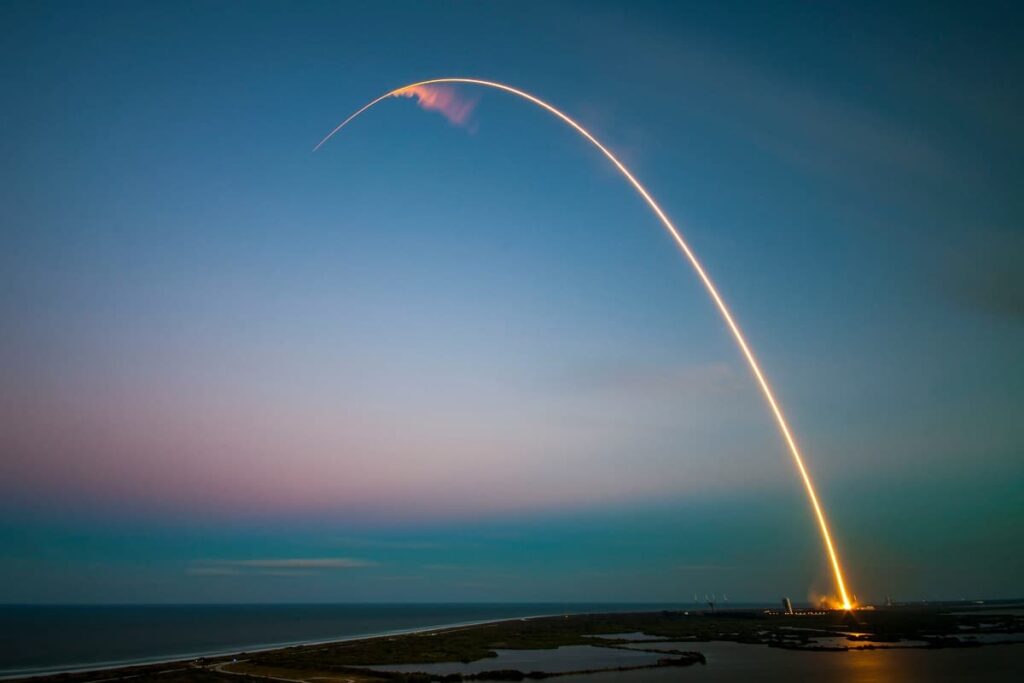
The University of Strathclyde’s Aerospace Centre of Excellence is spearheading a groundbreaking international collaboration to harness the power of Artificial Intelligence (AI) to improve space operations, safety, and sustainability.
This £1.5 million initiative brings together a consortium of leading institutions and commercial space companies, including the University of Arizona, Massachusetts Institute of Technology (MIT), the University of Waterloo, The Alan Turing Institute, LMO, GMV, Nominal Systems, and Columbiad.
The project aims to accelerate the development and adoption of AI technologies in the space sector, from early-stage research to practical applications. The collaboration will pave the way for the creation of a new virtual Institute on AI for Space Safety & Sustainability, attracting further investment and talent to advance this critical field.
One of the primary challenges facing the space industry is the increasing amount of space debris. Millions of objects, ranging from defunct satellites to tiny debris, orbit the Earth, posing a significant risk to active spacecraft.
The project will leverage machine learning techniques to predict the motion of space objects, reducing the risk of collisions and improving space flight safety. Additionally, AI will be used to analyze and classify space objects, enabling better understanding and decision-making.
Professor Massimiliano Vasile, Director of the Aerospace Centre of Excellence at Strathclyde, emphasized the importance of sustainable space operations: “The sustainability of space is essential for future space activities. We need to adopt a more sustainable approach to space exploration and utilization.”
The collaboration between the University of Strathclyde and its international partners demonstrates the UK’s commitment to space innovation and its potential to lead the way in developing cutting-edge AI solutions for space applications.
Swanwick House, 22 Towcester Road, Old Stratford, Milton Keynes, MK19 6AQ, UK
© 2025 Project Management Global. All rights reserved | Privacy Policy